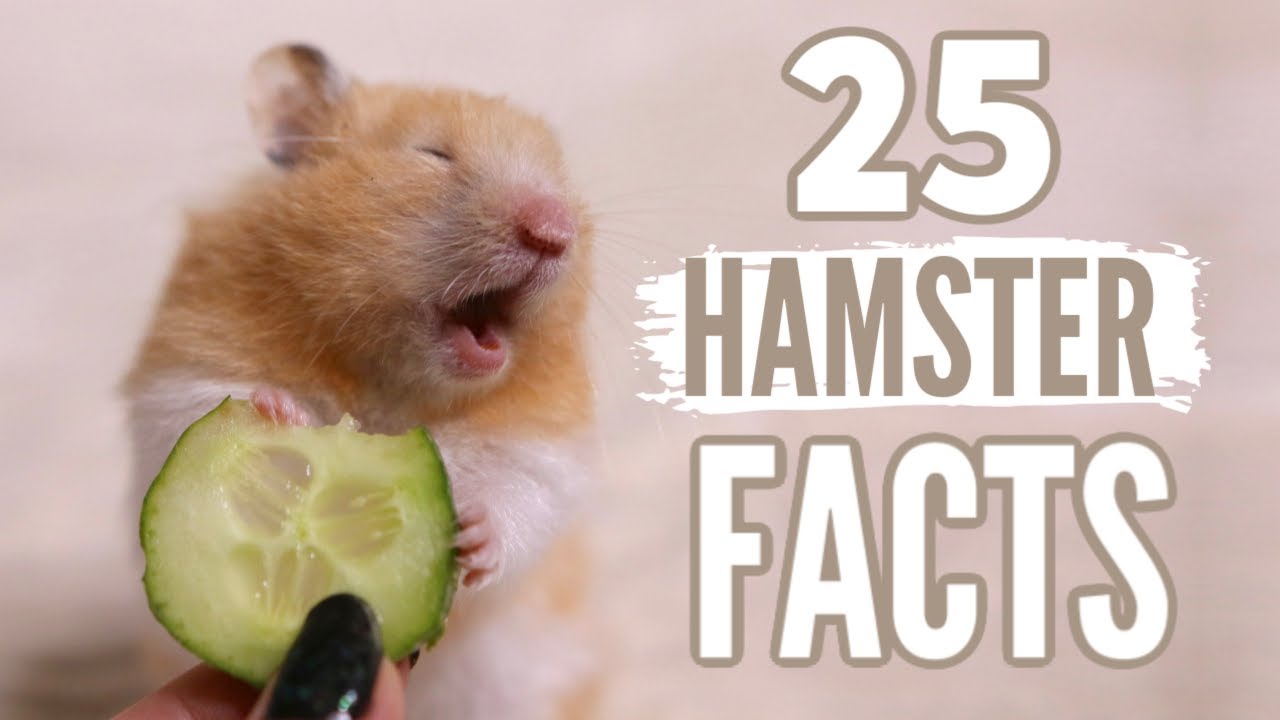Apply Now
Top 5 Smart Ways to Use Rabbit Poop Fertilizer in 2025
Rabbit poop fertilizer is gaining popularity among gardeners, especially those focused on organic practices. With its rich nutrient profile and eco-friendly attributes, rabbit manure is considered one of the best fertilizers for both vegetable and flowering plants. In this article, we will explore the smart ways to effectively use rabbit poop as a natural fertilizer, ensuring your plants thrive while promoting sustainable gardening.
Beyond just being an eco-friendly fertilizer option, rabbit droppings offer numerous benefits for soil health. They contain a high level of nitrogen, making them an excellent choice for enriching garden beds. Understanding how to properly utilize rabbit droppings in your garden can lead to impressive results, especially in 2025 as sustainable practices continue to gain traction.
Let’s delve into the top five smart ways to apply rabbit manure and enjoy its many advantages for your garden.
1. Composting Rabbit Droppings for Nutrient-Rich Soil
Composting rabbit droppings is an effective way to recycle this valuable organic material. Incorporating rabbit manure into your compost pile enhances the nutrient content, promoting the growth of beneficial microorganisms.
The ideal ratio for rabbit manure when mixed in compost is about 3:1, meaning three parts brown materials (like dried leaves or straw) to one part green materials (such as rabbit droppings). This balance helps maintain optimal aeration and moisture levels, facilitating decomposition.
To ensure you maximize the benefits:
- **Layering Technique**: Alternate layers of rabbit droppings with layers of carbon-rich materials like straw. This will improve aeration and accelerate decomposition.
- **Compost Tea**: You can also make compost tea with rabbit manure. Steep 1 cup of rabbit droppings in 5 gallons of water for a week. This nutrient-dense liquid can be used as a foliar feed or soil drench for your plants.
By composting rabbit waste effectively, you can boost soil fertility and support overall plant health.
2. Applying Rabbit Fertilizer Correctly for Optimal Results
Understanding how to correctly apply rabbit fertilizer is crucial for achieving the best results in your garden. Rabbit manure can be used fresh or as compost, but there are some important guidelines to ensure its effectiveness.
Fresh rabbit droppings are relatively safe to apply directly to soil, thanks to their low odor and nutrients that break down quickly. However, it’s beneficial to allow them to decompose slightly before application:
- **Understanding Ratios**: A common approach is to mix one part rabbit manure with three parts soil or garden mix. This dilution helps avoid nutrient burn and ensures even distribution.
- **Timing and Method**: Apply during the early spring or fall when soil temperatures are conducive for nutrient absorption. Lightly till the manure into the top layer of soil to improve soil amendment efficiency.
By applying rabbit fertilizer correctly, you can experience significant improvements in plant growth and soil quality.
3. Improving Soil Structure with Rabbit Waste
Rabbit manure not only brings nutrients to the table but also plays a key role in improving soil structure. The unique properties of rabbit droppings can enhance water retention as well as aeration in your garden soil.
The small, pellet-like form of rabbit manure allows them to integrate well with soil particles. When working rabbit droppings into the soil, consider these tips:
- **Clay Soil Amendments**: For clay-heavy soils, mixing in rabbit manure can enhance drainage and reduce compaction.
- **Moisture Retention**: Rabbit manure can improve the soil’s ability to retain moisture, which is essential during dry spells.
By making rabbit manure a key component of your soil amendment strategy, you can significantly improve both the structure and fertility of your garden soil.
4. Rabbit Manure for Flowering Plants
Utilizing rabbit manure for flowering plants can lead to bountiful blooms and vibrant colors in your garden. Its rich nutrient content makes it ideal for enhancing flowering and fruiting stages.
Follow these best practices when using rabbit poop for flowering plants:
- **Growth Stimulation**: Incorporate rabbit droppings directly into planting holes before setting young plants to give them a nutrient boost right from the start.
- **Regular Feeding**: For established plants, apply a diluted solution of compost tea periodically to support continuous flowering and health throughout the growing season.
The natural nutrients in rabbit poop can drastically improve the growth and overall health of flowering plants, making them an excellent choice when planning seasonal gardens.
5. Rabbit Fertilizer Applications for Potted Plants
Potted plants can greatly benefit from using rabbit manure as a fertilizer. Its slow-release nutrient profile makes it particularly suited for container gardening, providing essential nutrients without overwhelming smaller soil volumes.
For optimal application:
- **Select the Right Soil Mix**: Use a potting mix that incorporates rabbit manure or add a small amount of well-decomposed rabbit droppings to your normal potting soil.
- **Controlled Releases**: Since containers can dry out more quickly, ensure that you monitor moisture levels closely. Water the plants after applying the manure to initiate nutrient release.
By utilizing rabbit waste in your potted plants, you can enjoy enhanced growth and health while minimizing environmental impact.
Conclusion: Embracing the Benefits of Rabbit Poop Fertilizer
In 2025, utilizing rabbit poop fertilizer represents a smart choice for any eco-conscious gardener. By understanding its numerous benefits and learning how to apply it properly, you can maintain soil health, improve plant vitality, and promote sustainable gardening practices. Whether you're composting rabbit manure, applying it directly to your garden, or using it for potted plants, the advantages are indisputable. Experience the transformation that rabbit droppings can bring to your garden, ensuring your plants flourish while adopting environmentally-friendly practices.
 Looking ahead, the trend of incorporating organic fertilizers like rabbit waste into modern gardening will continue to grow. With these smart applications for rabbit poop fertilizer, you're paving the way for sustainable and fruitful gardening experiences.
Looking ahead, the trend of incorporating organic fertilizers like rabbit waste into modern gardening will continue to grow. With these smart applications for rabbit poop fertilizer, you're paving the way for sustainable and fruitful gardening experiences.

 Looking ahead, the trend of incorporating organic fertilizers like rabbit waste into modern gardening will continue to grow. With these smart applications for rabbit poop fertilizer, you're paving the way for sustainable and fruitful gardening experiences.
Looking ahead, the trend of incorporating organic fertilizers like rabbit waste into modern gardening will continue to grow. With these smart applications for rabbit poop fertilizer, you're paving the way for sustainable and fruitful gardening experiences.

